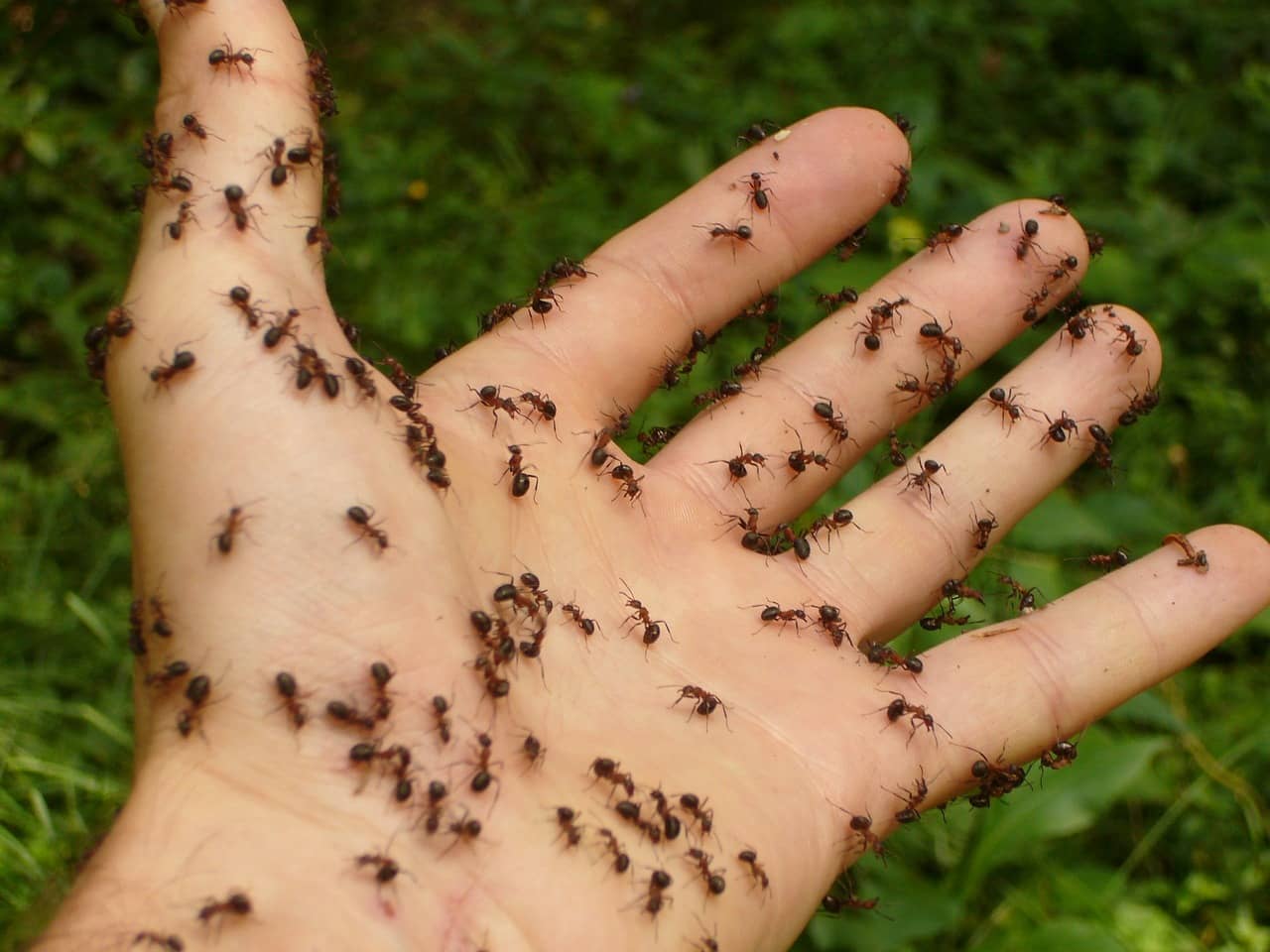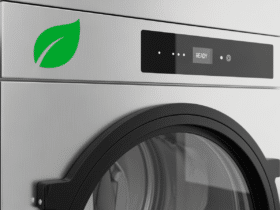Ants can carry 10-50 times their body weight or even more. But among the myriad of ant species, one type often finds its way into our homes.
Homeowners often ask, “do sugar ants bite?” Not knowing can lead to inefficient pest control methods. Being aware of these critters can help safeguard your living space. Keep reading to learn more about these creatures and their impact.

Are Sugar Ants More Than a Sweet Tooth?
Sugar ants are a colloquial term used to describe a variety of tiny ants attracted to sweets. Yet, this does not correspond to a specific species.
Most of these sugar-loving critters are harmless to humans. They seek out sugary substances as their primary food source.
Debunking the Myth About Sugar Ants
Contrary to popular belief, most ants labeled as “sugar ants” do not bite humans. These ants are more interested in the sweet remnants on our kitchen counters than in causing us harm. Yet, like most ants, if threatened or squished, they might defend themselves.
Their bite is not robust or painful, especially compared to other ant species. It’s essential to differentiate between an actual bite and a simple exploration. Ants use their mandibles and antennae to explore their environment.
Types of Sugar Ants
Different species can be sugar ants based on their attraction to sugary foods. Some common types include:
- Odorous house ants
- Pharaoh ants
- Pavement ants
Each of these species has its unique characteristics, habitats, and behaviors. Knowing the specific type can aid in understanding their behavior. Most ants under the sugar label are not aggressive biters unless provoked.
Sugar Ant Infestation
The primary concern is not whether they bite but their propensity to infest our homes. These tiny invaders forage for food while leaving a trail for others to follow. Ants in the kitchen can contaminate food sources and be a general annoyance.
They multiply at rapid speed if they discover a consistent area with snacks. The key is to prevent them from establishing a foothold in the first place.
Preventing Ants in the Kitchen
Maintain cleanliness and store food in airtight containers. Clean up any spills or crumbs immediately and take the trash out. Seal any potential entry points like cracks or gaps in windows or walls.
Ensure your home’s exterior doesn’t provide a welcoming environment for ants. Trim back plants from the house and avoid leaving food outside, which can attract these pests.
Sugar Ant Removal: Effective Solutions
If you face an infestation, there are various sugar ant removal strategies. Over-the-counter ant baits contain toxic substances that they take back to their colonies. You can consult with a pest control expert for persistent infestations.
Diatomaceous earth can be an effective remedy for those looking for natural solutions. Sprinkling it around entry points can deter ants from entering. It can also destroy those that come into contact.
Do Ants Bite: Take Control now
Homeowners discover diy pest control as a cost-effective solution to common pest problems. Peppermint, tea tree oils, cucumber slices, or lemon juice can help deter them.
While some ways can be effective, others might not yield results. It’s a trial-and-error experience, but if all else fails, get professional help. Also Read: A Complete Guide to Demolition Clean Up
Insights on Do Sugar Ants Bite?
Sugar ants are more interested in the sugary remnants in our homes than in causing harm. Their presence is a nuisance due to potential infestations, especially in the kitchens. But the question, “Do Sugar Ants Bite?”
These tiny invaders aren’t aggressive biters. Any occasional bite is more of a defense mechanism than an active threat. Check out our blog posts today to learn more about home improvement topics.











